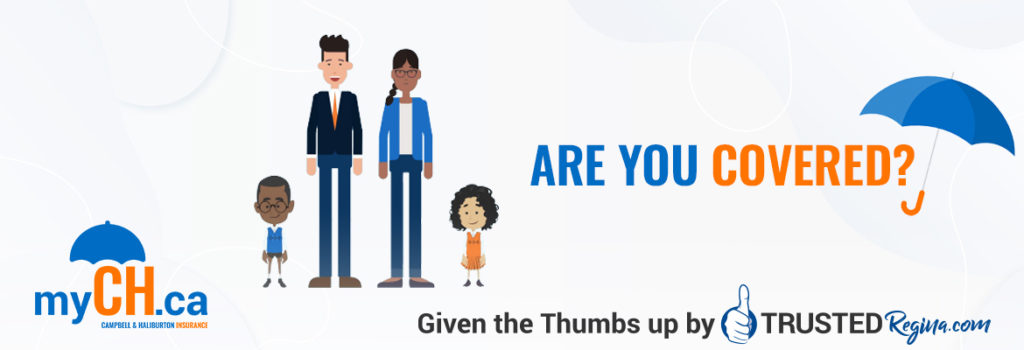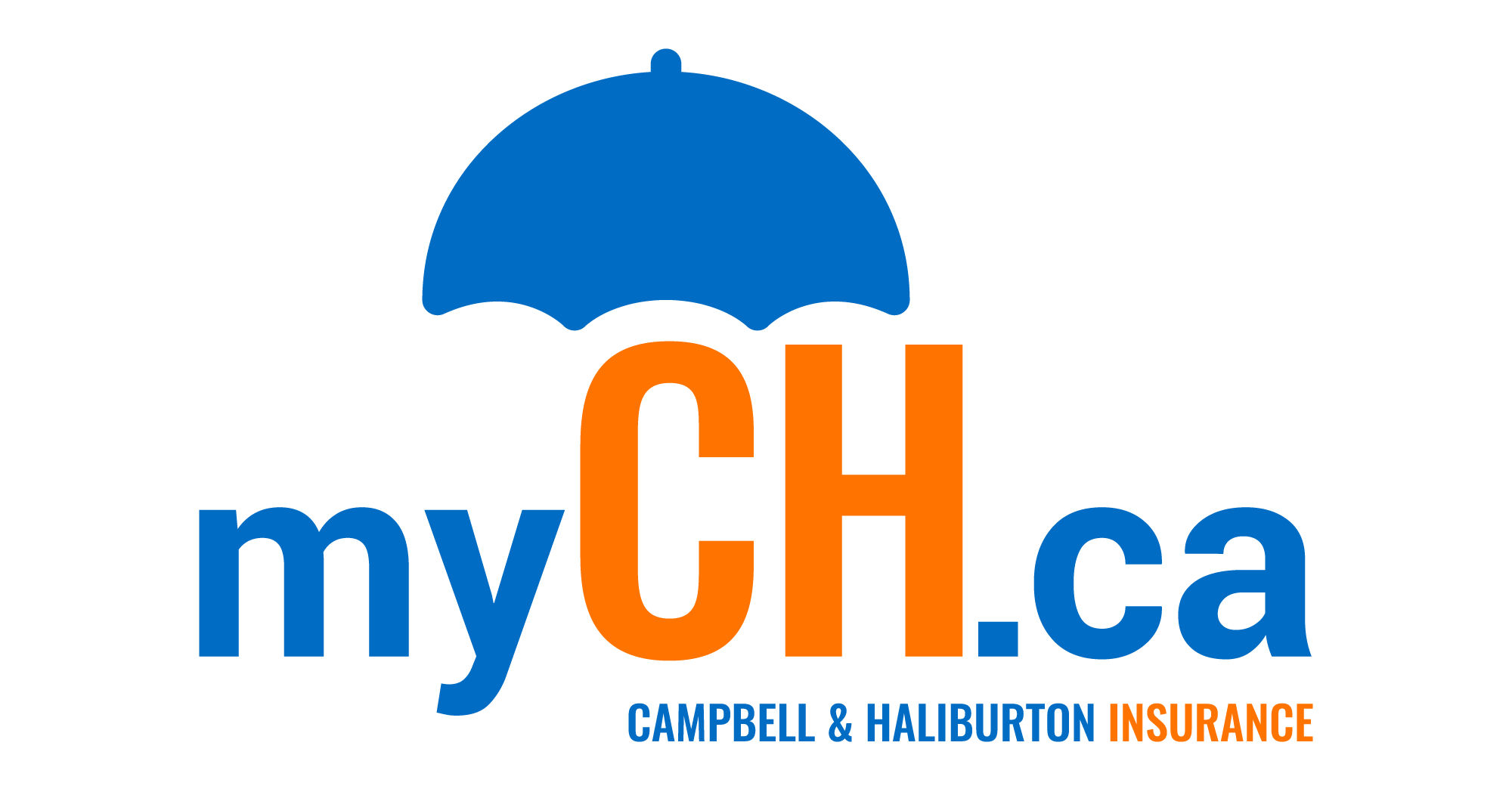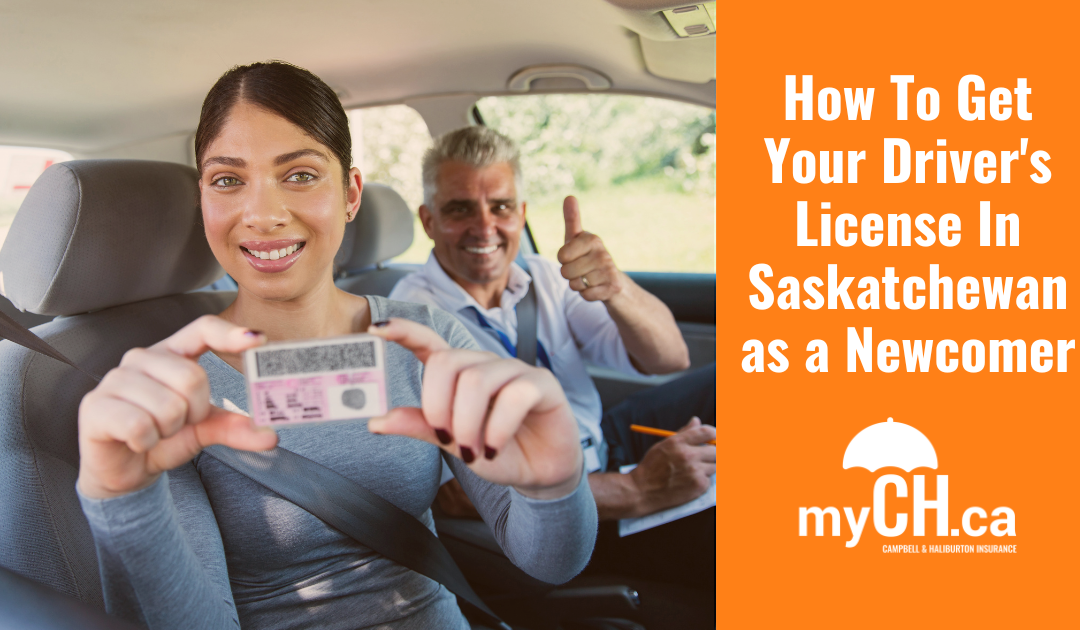Today’s blog is on getting your driver’s license In Saskatchewan as a newcomer. It is true that moving to a new country is an exciting and challenging adventure! However, one of the first steps to gaining independence in your new home is obtaining a driver’s license. The process of getting your driver’s license can seem complex at first, but you’ll be on the road in no time.
How To Get Your Driver’s License In Saskatchewan
Follow These Steps
1. Establish Your Eligibility
Before you can apply for a driver’s license in Saskatchewan, you must be a legal resident of the province and meet specific eligibility criteria, such as being at least 16 years old.
2. Study the Saskatchewan Driver’s Handbook
Familiarize yourself with the rules of the road by studying the Saskatchewan Driver’s Handbook. This comprehensive guide covers road signs, traffic laws, and safe driving practices and is available online or at your local driver’s licensing office.
3. Pass the Knowledge Test
The next step is to take a written knowledge test based on the information in the handbook. You’ll need to visit a Saskatchewan Government Insurance (SGI) office, such as Campbell & Haliburton Insurance to complete this step. Make sure to bring proper identification, such as your passport and proof of residence.
4. Obtain a Learner’s License
Once you’ve successfully passed the knowledge test, you’ll be issued a learner’s license. This allows you to practice driving under certain conditions. Be aware of the restrictions associated with this license, including the requirement to drive with a supervising driver with a full Class 5 license.
5. Take Driver’s Education
Newcomers to Saskatchewan may benefit from enrolling in a driver’s education program. These courses provide valuable information on local driving laws and can help you become a safer and more confident driver.
6. Practice Driving
Practice makes perfect. Spend time on the road with your learner’s license, honing your skills and getting comfortable with Saskatchewan’s unique driving conditions, which can include extreme weather.
7. Pass the Road Test
After gaining enough experience and confidence, it’s time to take the road test. Schedule an appointment with SGI for your Class 5 road test. Be prepared to demonstrate your ability to drive safely and obey traffic rules.
8. Obtain Your Full Driver’s License
Once you’ve successfully passed the road test, congratulations! You’ll receive your full Class 5 driver’s license. Remember to always carry your license and drive safely.
9. Maintain Good Driving Habits
Driving in Regina or anywhere else in Saskatchewan, or Canada, comes with responsibilities. Always follow traffic laws, respect other drivers, and stay informed about any changes to driving regulations.
Don’t forget!
With proper preparation, practice, and patience, you’ll soon enjoy the freedom and convenience of driving in your new home. Safe travels!
If you have any questions about getting your driver’s license in Saskatchewan, it’s recommended to consult with a Campbell & Haliburton team member. Our commitment to customer service is one of the pillars of our business. We also know insurance inside and out, so please get in touch with us for all of your auto insurance needs and we will be more than happy to help ensure what you value most is protected.

**(This is a general overview. There are many different insurance companies and there are always differences in insurance policies. For specific details on your policy and coverage, we recommend that you contact your agent or broker).
Campbell & Haliburton Insurance is a locally owned Regina insurance broker, and we are proud to be present in the same city that we started in 1957!! We are happy to be a part of the Regina community, as we believe this is one of the most important values of our company. Further, we are a certified SGI Regina insurance broker and know the importance of selling an insurance policy and educating each customer.

